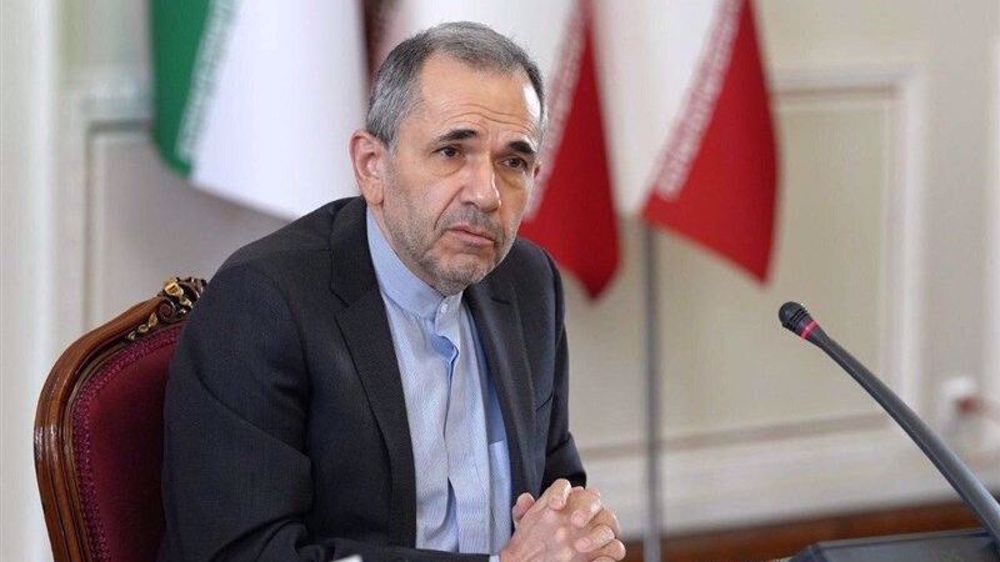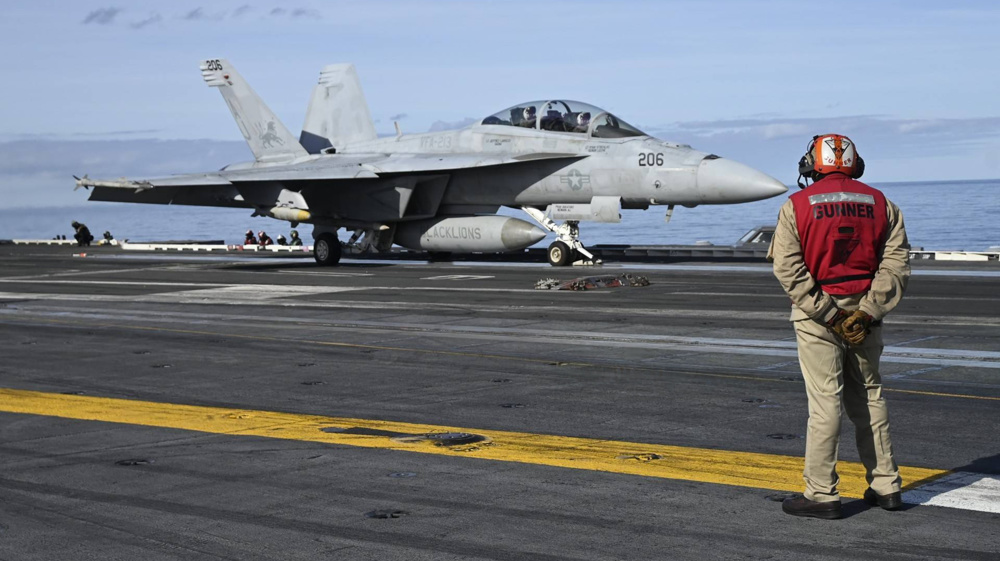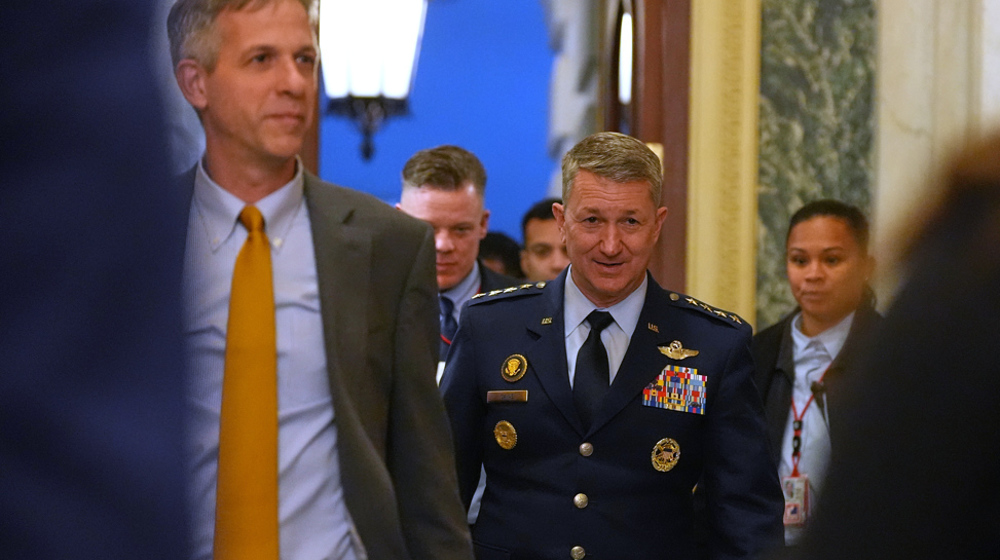US fears Iran-Saudi rift to hurt war on Daesh: Official
The Obama administration is worried that the abrupt escalation of tensions between Iran and Saudi Arabia over the latter’s execution of a prominent Shia cleric could have repercussions for the fight against Daesh (ISIL) and the wider diplomatic efforts to resolve the Syrian crisis, says a report.
Saudi Arabia announced Sunday that it was cutting diplomatic ties with Tehran after the Saudi Embassy there was the scene of angry protests late Saturday.
Tehran has strongly objected to the execution of Shia cleric Sheikh Nimr al-Nimr along with 46 others, who were convicted of being involved in “terrorism” and adopting a “Takfiri” ideology.
Dangerous game
A US official, speaking to the Washington Post on condition of anonymity, blamed Riyadh for stoking tensions by executing Sheikh Nimr, a strong critic of the kingdom’s policies.
“This is a dangerous game they are playing,” the official told the Post. “There are larger repercussions than just the reaction to these executions,” including damage to “counter-ISIL initiatives as well as the Syrian peace process.”
The Riyadh regime has been pressing Washington for a more muscular response in Syria, including a direct military engagement, to remove President Bashar al-Assad. The two allies have also been backing militants fighting the Syrian government.
The US has been a chief supporter of the Saudi military aggression in Yemen, providing the kingdom with logistics , intelligence and weapons.
US urges diplomatic engagement
Another Obama administration official urged diplomatic engagement and called on leaders in the Middle East, including Iran and Saudi Arabia, to take steps to reduce tensions.
"We believe that diplomatic engagement and direct conversations remain essential in working through differences and we will continue to urge leaders across the region to take affirmative steps to calm tensions," the official was quoted by Reuters as saying.
A senior Iranian diplomat said that this is not the first time Saudi Arabia has threatened regional security with its “strategic errors” and “hasty approaches.”
Hossein Amir-Abdollahian, deputy foreign minister for Arab and African affairs, stressed Sunday that Riyadh cannot cover up its “big mistake” by severing ties with Tehran.
Nimr’s execution has drawn strong public and political reactions around the world. The Saudi monarchy, however, has rejected all the criticism, accusing critics of meddling in its internal affairs.
Hundreds of Greeks protest US warship arrival in Crete
Iran warns Trump against decisions based on false information
Iran embassy rejects 'fabricated' French reports on domestic affairs
Trump’s military buildup against Iran on Netanyahu’s behalf is a gambit doomed to fail
Iran dismisses US 'big lies' on nuclear, missile programs
CIA‑founded NGO admits deploying Starlink satellites for Iran riots
VIDEO | French comedian targeted by Rothschild and Epstein for his shows on Palestine
Iranian commanders warn US not to mistake it for other nations















 This makes it easy to access the Press TV website
This makes it easy to access the Press TV website